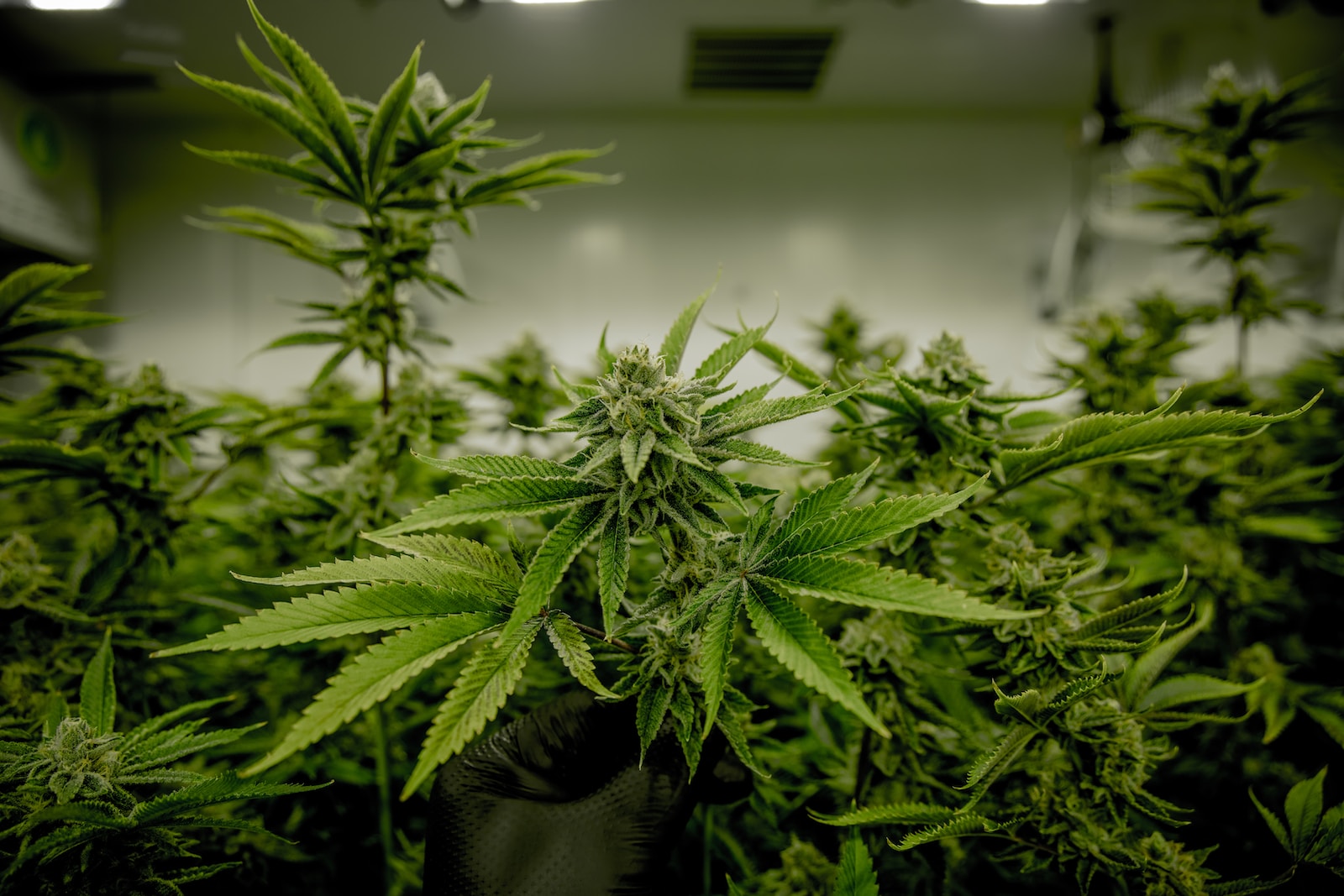Cannabis Liberation: Empowering Advocacy and Activism is a movement that stands at the crossroads of social change, health, and policy reform. As more societies around the world are recognizing the potential benefits of cannabis, a new era of advocacy and activism is taking shape. In this comprehensive article, we delve into the heart of Cannabis Liberation, exploring how it empowers individuals and communities to drive positive change. From understanding the fundamentals to addressing common questions, this guide aims to shed light on a topic that’s both timely and transformative.
Cannabis Liberation: Empowering Advocacy and Activism
At its core, Cannabis Liberation signifies the ongoing effort to destigmatize and decriminalize cannabis, while also promoting its responsible use. This multifaceted movement encompasses a wide range of initiatives, from legalizing medical cannabis to advocating for comprehensive policies that acknowledge the plant’s potential. Through tireless campaigns, education, and legislative reforms, Cannabis Liberation paves the way for a society that embraces cannabis as a force for good.
The Evolution of Cannabis Advocacy
Cannabis advocacy has come a long way from its early days of taboo and misinformation. Over the years, passionate activists and informed individuals have worked tirelessly to dispel myths, highlight scientific evidence, and showcase the real-world benefits of cannabis. These efforts have not only changed perceptions but also ignited a wave of activism that spans generations.
The Role of Activism in Cannabis Liberation
Activism is the beating heart of Cannabis Liberation. It involves grassroots movements, community outreach, and collaboration with policymakers to drive legislative changes. By organizing rallies, sharing personal stories, and engaging in open dialogues, activists play a pivotal role in dismantling the barriers that hinder responsible cannabis use.
Advocacy Through Education: Spreading Awareness
Education acts as a cornerstone in the Cannabis Liberation movement. Empowering individuals with accurate information helps dispel misconceptions and fosters informed decision-making. From seminars to online resources, educating the public about the potential medical, economic, and environmental benefits of cannabis is a key strategy in advancing the cause.
Breaking the Stigma: Cannabis as Medicine
One of the most impactful aspects of Cannabis Liberation is its emphasis on the medicinal properties of the plant. Medical cannabis has shown promise in alleviating symptoms of various conditions, including chronic pain, epilepsy, and anxiety. As advocates work to destigmatize cannabis use, more patients gain access to alternative treatment options.
Economic Empowerment Through Legalization
The legalization of cannabis for both medical and recreational use has far-reaching economic implications. From job creation in the cannabis industry to increased tax revenue for communities, legalization presents opportunities for economic growth and social development. This aspect of Cannabis Liberation showcases the power of policy reform in shaping local economies.
Environmental Advocacy and Sustainability
Cannabis Liberation goes beyond individual empowerment—it extends to the environment. Advocates for cannabis recognize its potential as a sustainable resource. Hemp, a variety of the cannabis plant, can be used for paper, textiles, and even eco-friendly construction materials. By promoting sustainable practices, the movement aligns with broader environmental goals.
FAQs: Answering Your Queries
Q: Is cannabis truly effective for medical purposes?
A: Yes, many studies suggest that cannabis compounds can have therapeutic effects, especially in pain management and certain medical conditions.
Q: What role does advocacy play in changing cannabis laws?
A: Advocacy plays a crucial role in raising awareness, influencing policymakers, and eventually leading to changes in cannabis laws.
Q: How does cannabis legalization benefit society?
A: Cannabis legalization can lead to reduced incarceration rates, increased tax revenue, and improved access to medical treatment.
Q: Are there age restrictions for medical cannabis use?
A: Yes, medical cannabis use is typically limited to individuals of a certain age, determined by local regulations.
Q: Can cannabis advocacy contribute to destigmatizing mental health challenges?
A: Absolutely, as advocacy promotes open discussions about cannabis’s potential benefits in managing mental health conditions.
Q: What can individuals do to support Cannabis Liberation?
A: Individuals can support the cause by staying informed, participating in advocacy efforts, and engaging in respectful conversations.
Conclusion
Cannabis Liberation: Empowering Advocacy and Activism is more than just a movement; it’s a force for change, understanding, and progress. As society continues to explore the benefits of cannabis, advocacy and activism provide the channels through which transformation can occur. From reshaping policies to educating communities, the journey towards liberation is one of collaboration, determination, and hope.
